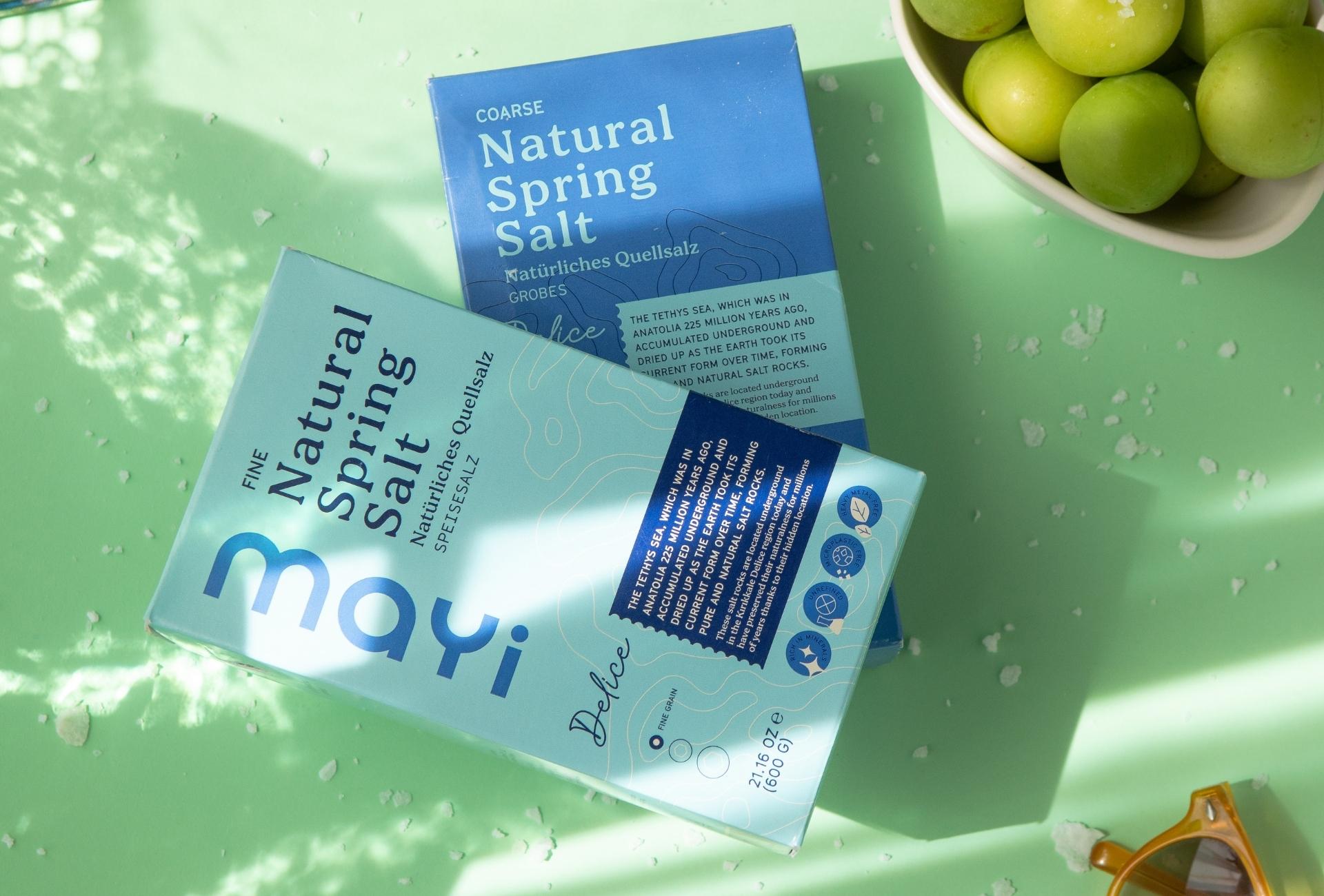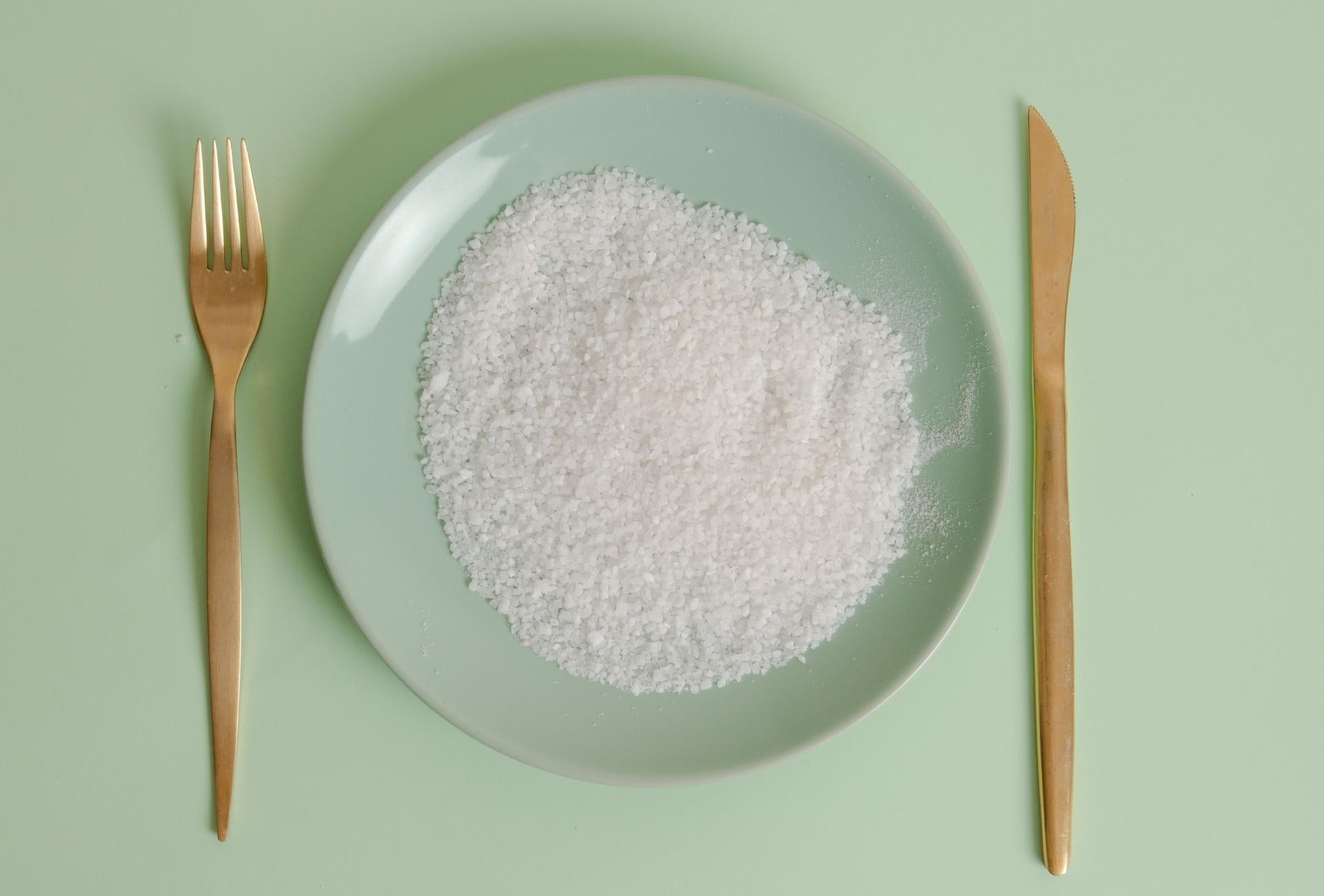Salt is important for balancing flavor notes and enhancing the taste of dishes. Selecting the ideal cooking salt depends on factors such as taste preferences, the type of dish, and health considerations. The best option for cooking is natural salt. Its unprocessed structure preserves essential minerals and offers a unique flavor. The texture of natural salt provides controlled seasoning. Natural salt, with its unprocessed form, is the best choice as it does not overpower the taste of other components in the dish and imparts a distinctive flavor.
What is the best salt for steak?
The ideal salt selection is important for a perfect steak. When seasoning a steak with salt, coarse brining salts with larger grains are generally preferred. This makes it easier to control the amount of salt and achieve a well-seasoned meat. Meat should be salted at least 30 minutes before cooking so that the salt can marinate and soften the meat. Allowing the meat to absorb the essence of the salt is essential. Salt enhances the meat's natural flavor, but excessive use can affect its texture. Therefore, avoiding excessive salt usage is recommended. In conclusion, using high-quality natural salts that provide controlled seasoning is advised for optimal steak marination.
Is sea salt or Himalayan salt better for cooking?
Both sea salt and Himalayan salt can be used for cooking. However, the choice may vary depending on personal preferences and desired flavors. Sea salt is derived from seawater and offers various textures and flavors based on its source. Himalayan salt is obtained from ancient deposits and this is how it gets its characteristic pink color. In conclusion, both salts add flavor to dishes. Sea salt has a more distinct taste and diverse textures. Himalayan salt, on the other hand, has a unique mineral composition and a delicate flavor. Ultimately, the preference relies on whether you value the subtle mineral undertones of Himalayan salt or the diverse options of sea salt.
Is Himalayan salt good for cooking?
Himalayan salt is a type of salt that is known for its high mineral content and higher cost compared to other salts. It is recognized by its distinctive pink color, which it gets from the iron oxide it contains. Additionally, it contains various beneficial minerals including potassium, calcium, and magnesium. Being natural and unrefined, Himalayan salt is considered beneficial for health. It is rich in minerals, which adds a light and unique flavor to dishes. Himalayan salt is commonly preferred for cooking or post-cooking seasoning. It is often used in grilling, baking, salads, and marinades. Even though Himalayan salt is beneficial in terms of health and a good choice for cooking, it is advised to avoid excessive use.
What salt do chefs use?
Chefs generally prefer kosher salt and sea salt. The reason for this is that sea salt and kosher salt have a more distinctive flavor compared to common salt. Additionally, the unique qualities of kosher salt and sea salt make them preferred choices: Because they are natural and less processed, kosher salt and sea salt give a unique taste to dishes. They do not contain additives like iodine, preserving the natural taste of ingredients without altering or overpowering them. Moreover, both salts offer the advantage of controlled usage due to their structure.
However, chefs' choice of salt can vary based on several factors, including:
- Chef's personal preferences
- Recipe requirements
- Type of dish
- Cooking duration
- Marinating or seasoning processes of the dish.
What is a chef's favorite salt?
Each dish has an appropriate type of salt that suits it. A chef's favorite salt often varies depending on the specific dish they are preparing. Meat dishes, vegetable dishes, soups, and salads can all be enhanced with specially selected salts for more delightful flavors. Moreover, many chefs prefer high-quality and mineral-rich natural salts. This is because natural salts provide a unique flavor profile. Additionally, salts without additives preserve the natural tastes of other ingredients in dishes. While many chefs opt for coarse-grain salts for controlled seasoning, they may also choose flavored salts like truffle salt or garlic salt to attain different nuances and tastes in their dishes.
What is the healthiest salt to use?
Among the options of salts, sea salt, pink Himalayan salt, and natural spring salts are generally considered some of the healthiest choices. These types of salts are natural and free from additives compared to common salt. They are rich in minerals and offer health benefits. Although these types of salt are among the healthy salts, it is important to maintain balance in the consumption of all essential nutrients. Just like with everything else, maintaining balance in salt consumption is crucial. As well as excessive salt intake can lead to health issues, using too little salt can also negatively impact health. Consulting a dietitian can help determine individual recommended amounts. Conscious sodium intake is essential for a healthy life.
Which salt is good for high blood pressure?
Balanced sodium intake is highly important for individuals with high blood pressure. Mayi Salt is the sought-after salt for hypertensive patients. Being a natural source salt, Mayi Salt preserves the heart and blood vessels due to its low sodium content and richness in minerals such as magnesium, potassium, and calcium, without raising blood pressure. This way, individuals with hypertension can maintain a healthy lifestyle by comfortably obtaining the necessary minerals. After all, salt is an essential nutrient for the body. However, even though natural source salts like Himalayan salt and sea salt are rich in minerals, they do contain sodium and should be consumed in moderation. If you want to enhance the flavor of your meals with using a small amount of salt, you can use herbs and spices. If you have high blood pressure, it is important to consult a healthcare professional first.




